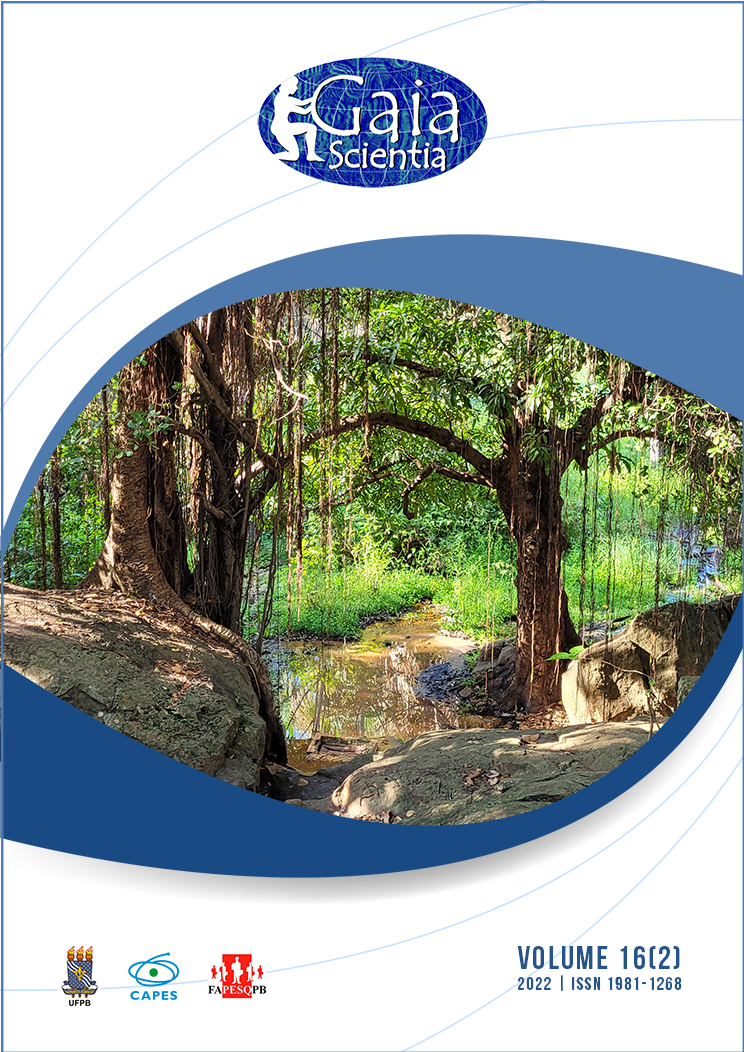Artisanal fishing and ethnoictiological knowledge in riverside communities of the Igaraçu river, coast of Piauí
DOI:
https://doi.org/10.22478/ufpb.1981-1268.2022v16n2.63064Abstract
Fishermen from coastal rivers in State of Piauí, Brazil, have important information that can support the conservationist management of natural resources. The objective was to describe the fishing activity and ecological knowledge of fishermen from Igaraçu River, on the coast of Piauí. Interviews were conducted using semi-structured forms investigating socioeconomic profile, fishing methods, fish species, prey, predators and environmental damage. The data was evaluated by the frequency of mentioning and value in use of species. The activity is carried out by men and women using artisanal instruments (n: 5). This occurs throughout the year, with preference for the rainy season and waning and crescent moon days. 33 species of fish were mentioned, which prey on smaller fish, crustaceans and plants, and are mainly preyed on by the Caiman crocodilus (31,4%) and theEunectes murinus(27,1%). The most important fish were Bagre marinus (VU: 0,88), Pygocentrus nattereri. The most important fish were Bagre marinus (VU: 0.88), Pygocentrus nattereri (VU: 0.64) and Pimelodus sp. (VU: 0.64). There is a reduction in fish stocks because of spilling of garbage and polluted water into the river. The data shows the need for public actions for the protection of human health and biodiversity conservation.










